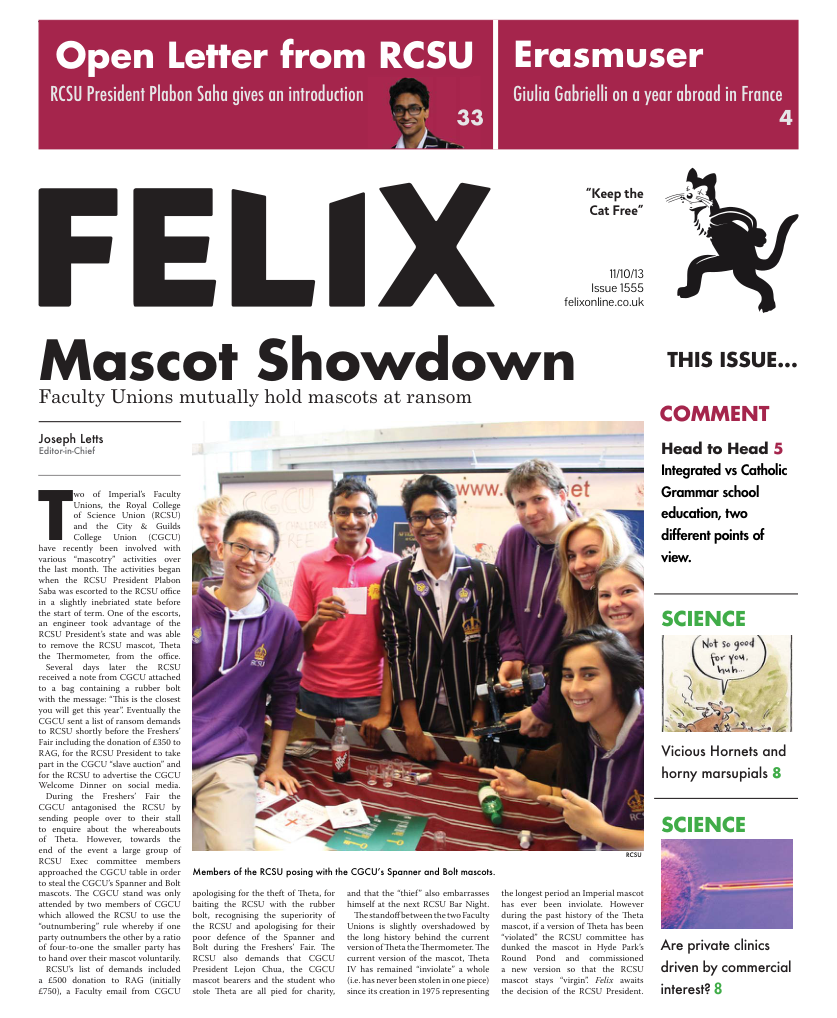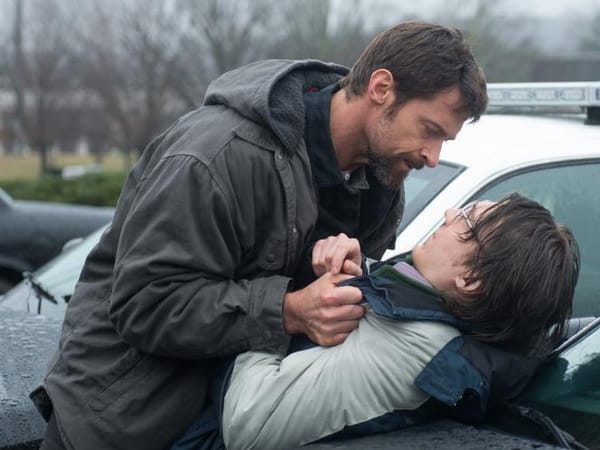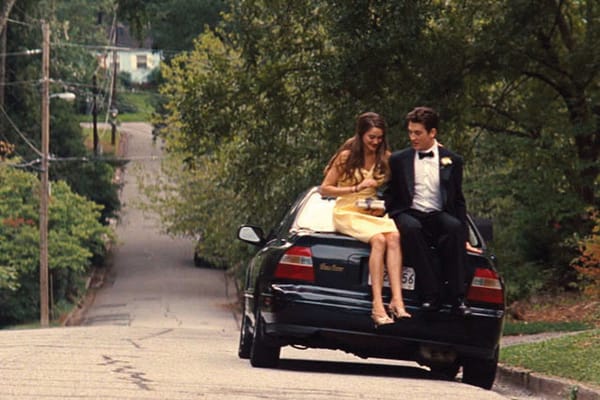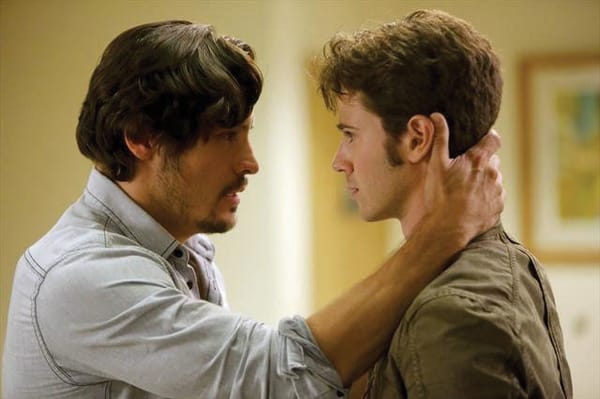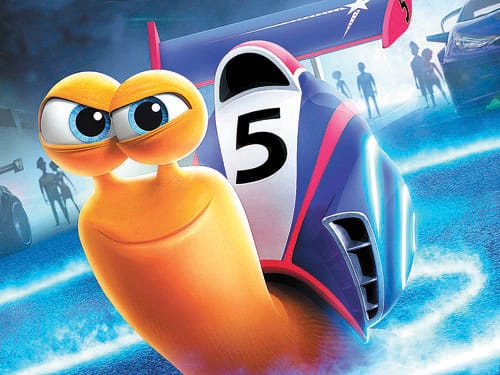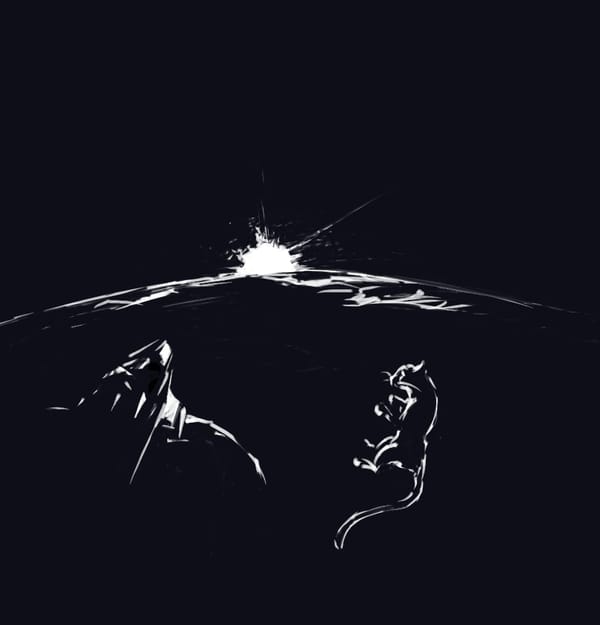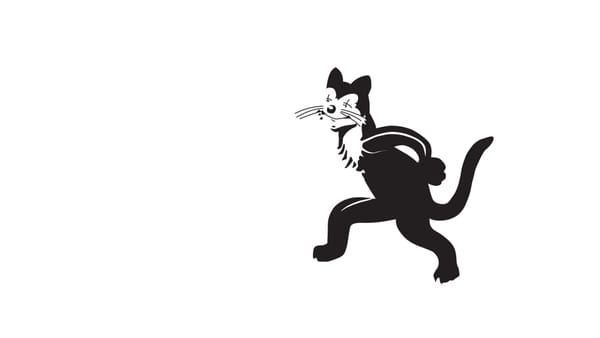“Only do what your heart tells you”
John Park on "Diana"
If it was ever Naomi Watts’ intention to pull a Streep or Mirren and score an Oscar win by playing an iconic English female, she should have paid closer attention to the script that was handed to her.
For what it’s worth, Diana’s failure isn’t down to Watts’ brave performance. At the centre of it all is the impeccably dressed, wigged, and made-up actress (they’ve really gone all out in trying to match the appearance), who nails the (in)famous Panorama interview word for word, and really captures the essence of a woman trapped, constantly hounded by the press who can’t get enough shots of her, as well as her desire for helping those in need and most importantly, for this film, her search for love.
It’s this love angle that puts such a drab spin on the narrative, as her “love at first sight” with brilliant cardiothoracic surgeon Hasnat Khan (Andrews, surprisingly good) is played out in such ridiculous scenes of utmost unintentional hilarity that the film fails to sell a single thing it has to say about the lovebirds who could have had it all had it not been for Dr Khan’s strong disapproval and distaste towards the media invasion of his privacy. The romance’s low-point comes when Diana can’t stop talking about how an actual human heart cannot really be broken. Hilarity and embarrassment ensue. Sudden awkward time-jumps play an important part in doing some shallow digging into the big achievements of Diana and her charity work, but these scenes seem to serve the one single purpose of recreating some of the famous pictures captured of the Princess of Wales. Most notable is her walk in the Angolan minefield inspirational sure, but when it translates to the film with very little context to back t all up, none of it feels as powerful as it should have done.
That’s the problem with Diana. As much as everyone tries to give an intimate portrayal, it plays too safe and neat with the subject at hand, never steering the narrative to more interesting territory. It goes through the last two years of her life like a history textbook, this happened, then a few months later this, then she made a speech here etc. which explains why the film feels as dull as reading one.
Perhaps it is too soon to expect someone to properly tackle this internationally celebrated figure. There must be a biopic underway, something like My Week with Marilyn , not hugely ambitious timeline-wise, but a suitably poignant and sentimental exploration of an icon’s life. This is sadly not that film, and Watts has quite severely burned herself out of this year’s Oscar race with this one.

